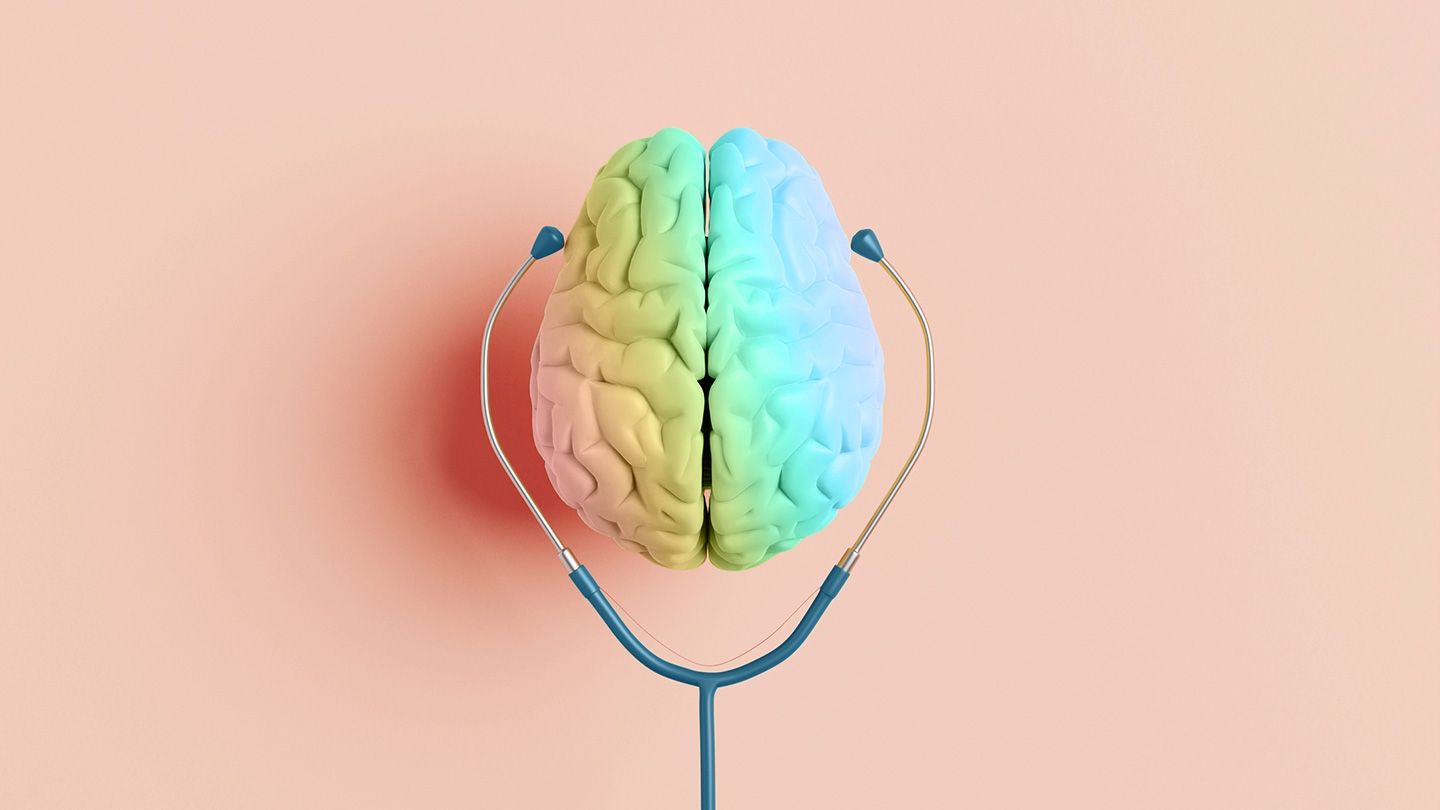For the study, researchers reviewed data from over 350,000 adults who identified as heterosexual and cisgender, meaning their gender identity matches the sex they were assigned at birth. They compared this information with that for about 40,000 people who were in sexual minorities — lesbian, gay, bisexual, or other diverse sexual orientations — and for about 4,000 people who were in gender minorities, meaning transgender or other diverse gender identities such as nonbinary or gender fluid.
Overall, those in sexual and gender minorities were 15 percent more likely to experience brain-related issues, such as dementia, stroke, or late-life depression, than individuals who identified as cisgender and heterosexual.
Stress Contributes to Poor Health Outcomes for LGBTQ+ People
“Much of this can be attributed to the increased stress that LGBTQ+ people experience,” which can be linked to discrimination and fear of rejection, says Billy Caceres, PhD, RN, an assistant professor at the Columbia University School of Nursing in New York City. “(Depression) has been shown to increase one’s risk of dementia and stroke,” he says.
“LGBTQ+ people may also delay seeking healthcare due to fear of discrimination as well as financial concerns, which means that early signs of these negative brain outcomes, such as memory problems, can go unnoticed,” says Dr. Caceres, who wasn’t involved in the new study.
In particular, the study found that people in gender and sexual minorities had a 14 percent higher risk of dementia and a 27 percent greater risk of late-life depression than individuals who identified as cisgender and straight.
The increased risk of stroke, however, appeared pronounced for just one group of LGBTQ+ individuals: Transgender women had a 68 percent higher risk of stroke than people who identified as heterosexual and cisgender, the study found.
It’s possible that hormones transgender women may take to affirm their gender identity might at least partially explain their increased risk of stroke, the researchers write in the study.
However, the study wasn’t designed to prove whether or how any specific factors might directly cause negative brain health outcomes such as depression, dementia, or stroke in individuals in gender or sexual minorities.
The increased risk might be explained by a wide variety of factors that can be detrimental to brain health, such as exposure to violence or discrimination, stress, use of gender-affirming hormone therapy, or lack of access to healthcare, says lead study author Shufan Huo, MD, PhD, a neurology researcher at Yale School of Medicine in New Haven, Connecticut.
“These factors can impair brain health in various ways,” Dr. Huo says.
For instance, chronic stress and trauma from discrimination, stigma, and violence can lead to inflammation in the brain that contributes to health problems like dementia or depression, Huo says. At the same time, inadequate access to healthcare and discrimination by medical professionals can delay or prevent treatment for brain health conditions, Huo adds.
How to Maintain a Healthy Brain as You Age
Even though the exact reasons LGBTQ+ people are at increased risk for brain health issues aren’t clear, there are concrete things individuals in gender and sexual minorities can do to promote brain health as they age, Huo says.
Huo recommends:



